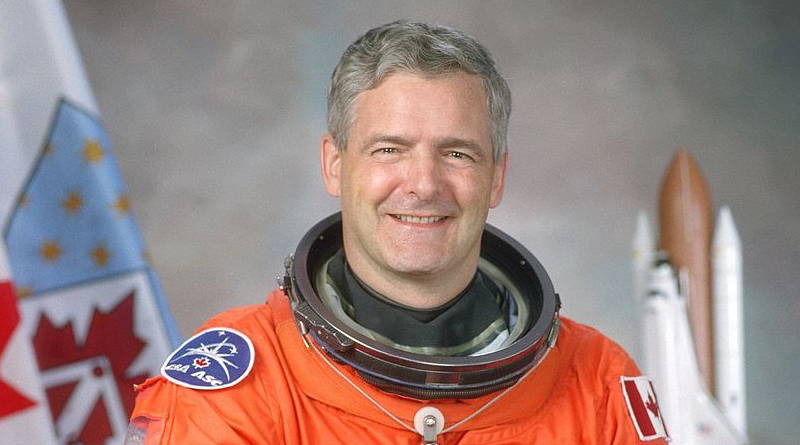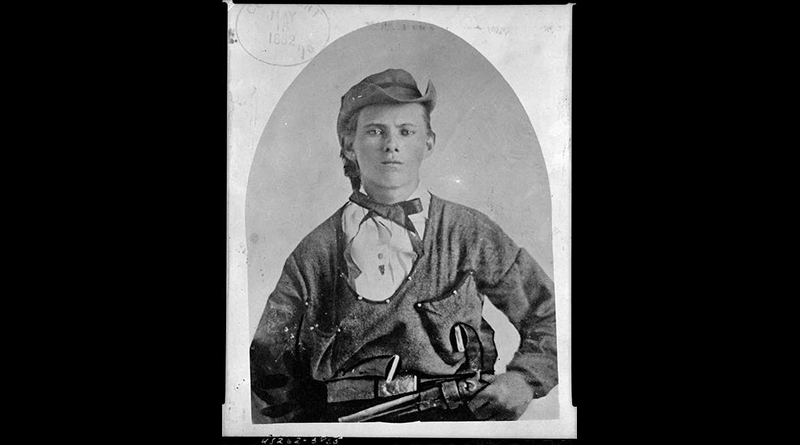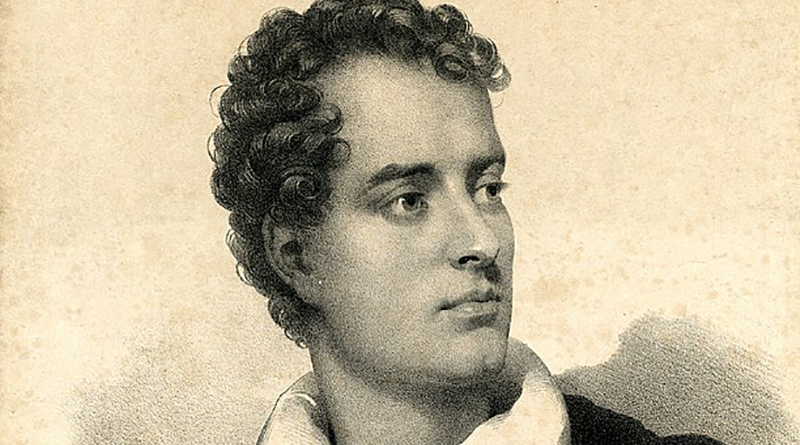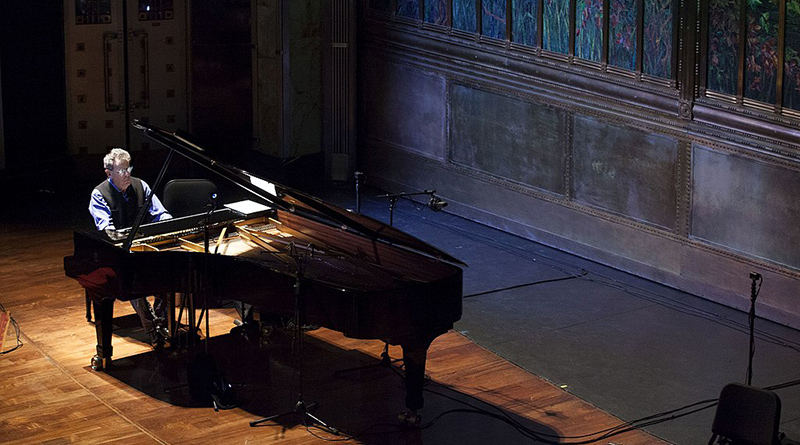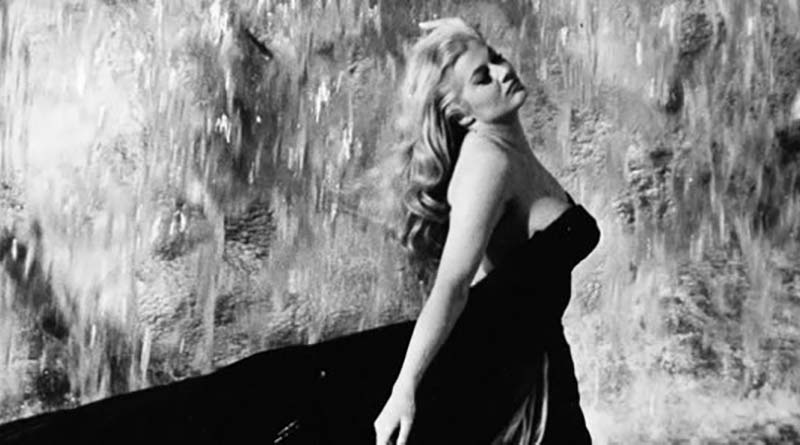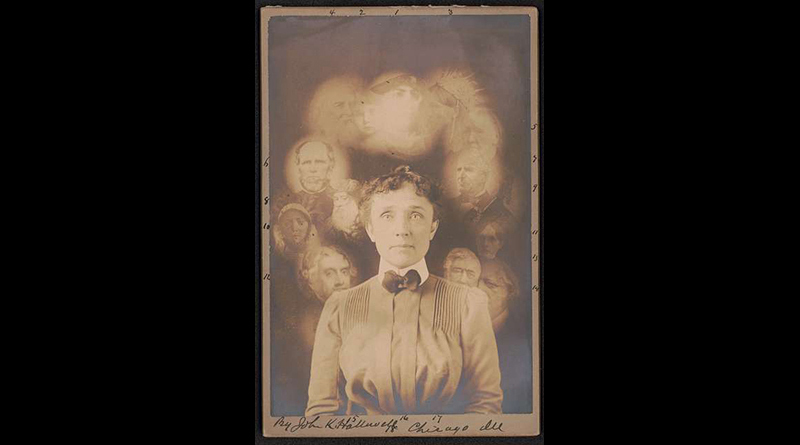On the eve of third and final ride into space in 2000, I went to the NASA facility in Houston where he was training.
Peter Mansbridge: The moment of takeoff — the fifteen seconds before or the fifteen seconds after — what goes through your mind?
Marc Garneau: In the two hours before you lift off, when you’re sitting there with nothing to do, you think about a lot of things. You realize that you’re going to do something that could kill you, so it’s a point of reckoning in your life. You hope that you’ve squared everything away and that you’re at peace with yourself and you’re not leaving anything undone. The trick then, when you’re actually in that last little countdown, is to focus. You have got to put all of that out of your mind and realize that you are now focusing 100 percent on making your contribution to that flight. On this particular flight coming up, I’ve got to be focused to support the commander and the pilot and back them up on everything. I can’t think about anything else. This is no longer the time to think about my family or about what I’m going to do after my next flight. I’ve got to be focused on supporting them, so it’s an exercise in concentration.
PM: What surprised you most about being in space, which I assume would also surprise us?
MG: I think what surprised me was just how fast we go around the Earth. We go around the Earth sixteen times in a day. It’s something that you can never think about when you’re back down on Earth, when you live on the planet. It puts it into perspective, the fact that you’re going eight kilometres per second, that you’re going around your planet in an hour and a half.
PM: What would be the biggest misconception that we have about space that you don’t have as a result of having been in space?
MG: I think a lot of people imagine that, when you’re in the space shuttle, you’re way, way above it, that you can see the whole planet. Well, no, you can’t. When you’re in the shuttle — and, indeed, in the space station — and you imagine the Earth as a basketball, then you’re really only about half a centimetre above its surface. The views you get at that height are amazing, but you’re really still very close to your planet.
PM: What’s the most important thing that you’ve learned from being in space and from being an astronaut?
MG: I think, on a personal level, what’s left after this whole experience is over is a different consciousness about the planet. The fact that we have the potential to destroy it, certainly damage it. When I am up in space, I am able to see the evidence of man’s effect on our planet in terms of pollution, in terms of the deforestation.
PM: Give me an example of that.
MG: For example, if you look at a very striking country, Madagascar. It has been 90 percent deforested, and the result of that is that all the sediment is being washed off. The earth that’s being washed off in the previously forested mountains is just washing down into the rivers. It’s a red kind of soil — it looks like blood leaching out into the Indian Ocean. That’s very dramatic. You go over South America — and I’m thinking back to when I flew in ’96 — you see large wafts of smoke covering hundreds of thousands of square kilometres. And you go over Canada and you see the stripping of the forests in British Columbia. You’re aware of these things, so they strike you. And because you go around the Earth and you see all of it, you realize that it’s not as big as we think. That very, very thin little layer called our atmosphere, which is like, as many astronauts have said, the first layer of an onion — that thin layer is what allows us to live. That thin, thin atmosphere, which most of us don’t see when we’re here on Earth — we look up into the sky and say, “Oh, we’ve got lots of atmosphere.” No, we don’t have a lot of atmosphere. And when we deplete its ozone, and when we fill it with carbon dioxide and other gases, then we risk destroying it and destroying our life on Earth. So you become very, very conscious of that, and that stays with you.
PM: When you’re off duty up there, is it a private time or are you constantly being monitored? Is “Big Brother” always watching you or hooked up to your pulse, your breathing patterns, everything?
MG: No, they’re not. You know, there’s a part of you that is glad that there is a whole bunch of people on the ground, on duty, making sure that everything is going well. But they haven’t got a camera in your face and they’re not monitoring your vital signs, unless you’re doing a scientific experiment that specifically calls for those things to be monitored. In my particular case I think that despite the fact that the shuttle is very small and that we all live together — in fact, we’ll be a crew of five on my next mission — there is a sense of privacy when you put on your Walkman or your music and you go and stick yourself in a corner and lose yourself there. Because it would be a tragedy for any person who goes up in space to come back and say, “I did a great job but I didn’t have a chance to savour the experience.” And so everybody is going to take that time, and I certainly did do that.
PM: What do you listen to on your Walkman when you’re looking out that window?
MG: On my first flight I went all classical. I love baroque music. And I would sit there, and that is to me probably the most beautiful experience in the world — to be looking out the window at the curve of the Earth, and you see a country or continent beginning to come over the horizon and you are listening to maybe the “Jupiter” suite from Holst’s The Planets or something that moves you — and to listen to that, to me is just an exquisite experience. The other experience that’s great is to have music in your ears and to suspend yourself in the middle of the middeck. It’s a kind of sensory deprivation, except that the music is flooding your head; nothing else is distracting you. There are no hot points on your body, there’s no other sound bothering you, you’re not touching anything, your eyes are closed — that’s just wonderful. I wish everyone could feel it.
PM: What kind of music this time?
MG: I’ve gone very seriously into jazz. I will definitely be taking up some Oscar Peterson, some Diana Krall, some Miles Davis. I still love classical music, but I want to take some jazz with me along with some classical music.
PM: This is your third mission; it might be your last. When you leave, what do you tell your kids? They must be fascinated by what you do and what they could do in the future.
MG: I’ve got a three-year-old son who thinks I go into space every day, and he loves the whole idea. He’s one of the few children who learned to count from ten down to one before he learned to count it the other way. So he thinks it’s wonderful and he thinks it’s mundane. He thinks it’s all possible — lots of people go up into space. He hasn’t quite realized that it’s still a fairly new occupation.
— Peter Mansbridge, in his book One On One: Favourite Conversations and the Stories Behind Them

